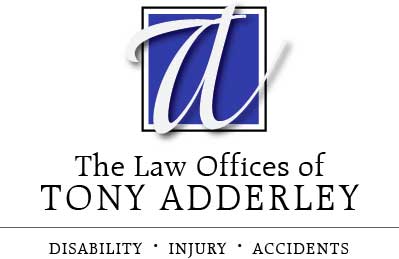If you think it’s difficult to apply for and receive SSI or SSDI benefits now, according to the General Accounting Office (GAO), as they say, “you ain’t seen nothin’ yet.” In 2013, the GAO published a report titled “Social Security Administration: Preliminary Observations on Key Management Challenges.” The report outlines a number of problems that the Social Security Administration (SSA) faces in the next several years, and it sorts those problems into four categories: disability issues, human capital, information technology, and physical infrastructure.
Disability payment requests continue to pile up. Initial claims in fiscal year 2012 exceeded fiscal year 2008 levels by 27 percent. The number of disability beneficiaries is expected to rise another 15 percent by 2025. At the hearing level, in fiscal year 2012, SSA fell short of its hearings completion target by more than 54,000 hearings, and the average wait time for hearings, 321 days, exceeded the SSA’s goal by 41 days.
In terms of human capital, SSA faces a declining workforce due to retirement and a hiring freeze. Although not all employees will necessarily retire when eligible, nearly 31,000 Social Security employees will be retirement-eligible by 2020. Naturally, those employees eligible for retirement are the most experienced. Social Security has already lost hundreds of staffers with experience in handling the most complicated disability claims.
Social Security also has perennial problems with their computer systems and their ability to safeguard sensitive data. In 2012, for example, the GAO found that a former SSA staffer used her position to provide sensitive data to a person outside the agency, who is in turn accused of using the data for an illegal purpose.
Regarding Social Security’s physical infrastructure, SSA is taking steps to modernize its facilities management, but the GAO study shows that the agency has resisted consolidating offices and closing others, as the Census Bureau and USPS have done. An SSA official told the GAO that Social Security considers “face-to-face interaction to be the gold standard of customer service.”
GAO felt that the SSA’s planning efforts are short-term and do not adequately address emerging issues. If your application for SSI or SSDI benefits was denied, or if you are at any stage in the application process, seek the advice of an experienced disability attorney who can help you with applications, hearings, and other disability-related issues. If you believe you qualify, a good Social Security disability lawyer can also help you put together the evidence you need to prove your disability. It can be a lengthy process, so if you are applying for SSI or SSDI benefits, contact an experienced Social Security disability attorney right away.

